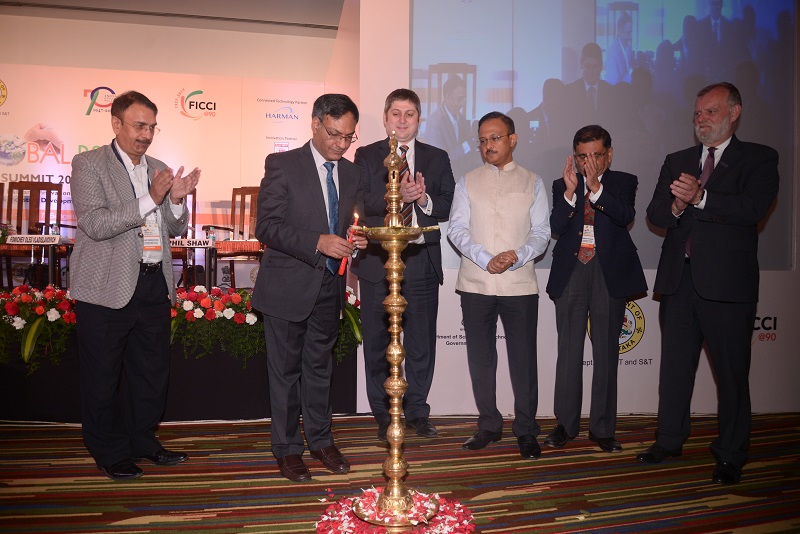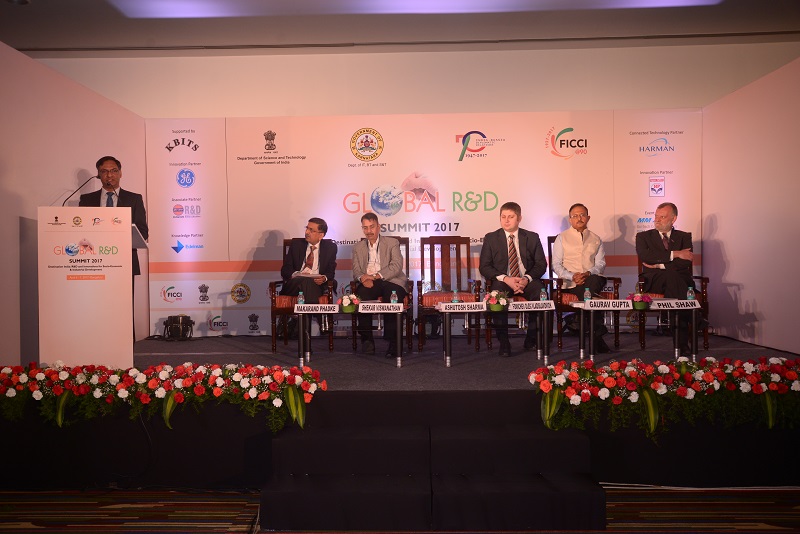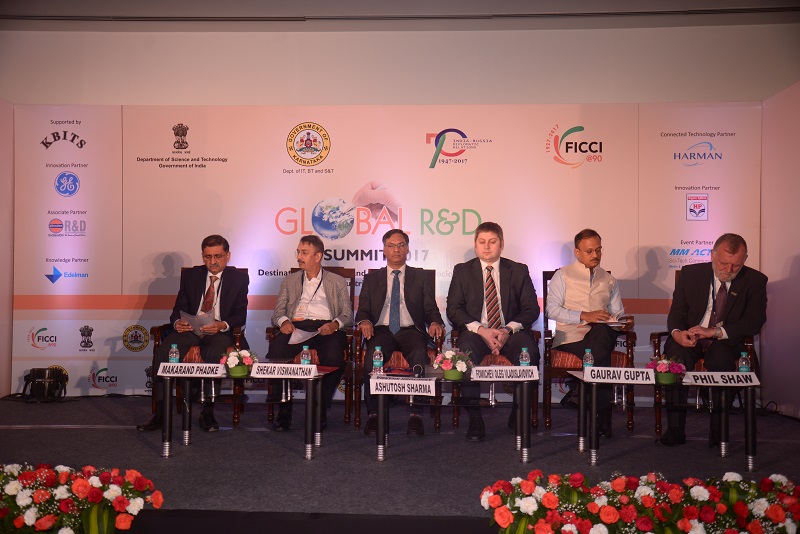India is now one of the world’s fastest growing centers for S&T entrepreneurship.
Technology for Inclusive and Sustainable Development through micro-industry models using local material
India is now one of the world’s fastest growing centers for S&T entrepreneurship, said the Union Minister for Science & Technology and Earth Sciences Dr. Harshvardhan. The Minister was speaking at the Technology Awards Ceremony on the occasion of National Technology Day in New Delhi today.
Technology Day commemorates India’s success in using science and technology to address the challenges facing the country. On 11 May 1998 the Pokhran test was conducted. Prime Minister Atal Bihari Vajpayee declared India a full-fledged nuclear state after operation ‘Shakti’ and it made India the 6th country to join the Nuclear Club.
India is now one of the world’s fastest growing centres for S&T entrepreneurship. Start-ups and entrepreneurship are the key to a nation’s economic growth and employment. The Ministry of Science & Technology through its various programmes have funded and supported thousands of start-ups, incubators and developed new technologies that have reached the market. In keeping with the theme of the day on Technology for Inclusive and Sustainable Development, the DST has catalyzed the development relevant rural micro-industry models.
Make in India: High-tech manufacturing in S&T is extraordinarily demanding. One collaborative effort is the successful operationalizing of India’s largest steerable optical telescope in Devastahl, Uttarakhand.
In Health Technology, the CSIR has developed Saheli the world’s first non-steroidal contraceptive pill which is affordable at 1/10 the cost of conventional pills. The indigenous clot-dissolving drug, Streptokinase saves millions of lives through an affordable alternative to cost drugs in the market. A 1-day Dengue diagnostic test developed by the Department of Biotechnology is fast and effective and has reached millions.
In Vaccines, in partnership with the health ministry DBT has recommended several new vaccines for the Universal Immunization Programme. Notable is the affordable indigenous Rotavirus vaccine now a part of the universal immunization programme. Vaccine development for Malaria, Dengue are undergoing trials.
Agriculture and Farm Technology is another mission where major success has been achieved. The programme Biotech-KISAN (Krishi Innovation Science Application Network) has been launched in collaboration with ICAR. In each Agro-climatic zone, farmers will benefit of quality technical solutions to problem of Seed, Water, Soil and Market. Indian Farmers now get 21 million agro-advisories that have resulted in over Rs.50,000 crores contribution to the GDP as per the NCAER report 2015
Arsenic resistance rice has been developed by the CSIR and is now being cultivated in West Bengal, thereby addressing a major problem.
Under the National Monsoon Mission, Climate and Weather forecasting have been improved. Dynamical forecast is a major advance, which allows massive data to be analyzed speedily and more reliable predictions made. Errors in cyclone forecast have been greatly reduced and deaths from cyclone have been greatly reduced
Wealth from Waste and Waste to Energy has been successfully done. A commercial plant to produce 3000 litres of ethanol from 10 tonnes of agricultural waste has been set up. It is now being scaled- up by major Oil Manufacturing Companies. Applying the latest technology for treating flowing sewage, a pilot project has been installed at Barapullah drain in Delhi under the international collaboration with The Netherlands.

































